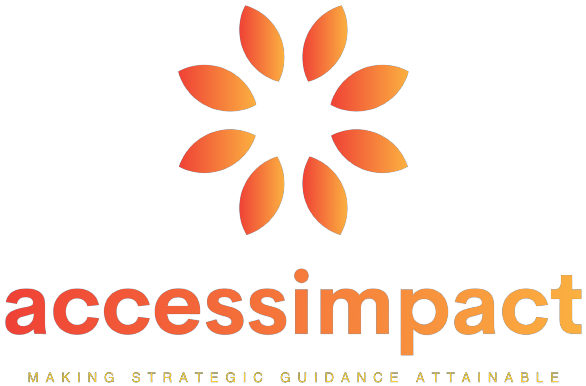
Joining a nonprofit board can be a rewarding and impactful way to give back to your community, support causes you care about, and use your skills for the greater good. But, it can also be daunting if you’re unsure of what’s expected. It’s also important that board members have both the passion AND the know-how when it comes to nonprofit governance. Here are the top 10 tips every new nonprofit board member should know to help you navigate your role effectively.
1. Understand the Organization’s Mission and Vision
As a board member, you are a steward of the nonprofit’s mission and vision. Take the time to thoroughly understand what the organization aims to achieve and how it plans to get there. This understanding is crucial for making informed decisions that align with the organization’s goals. Review any former strategic plans, marketing materials, and communications plans to fully understand the ethos of the organization.
2. Familiarize Yourself with the Bylaws
The bylaws are the governing documents of the nonprofit, outlining the rules and procedures for how the board operates. You’d be surprised by how many board members haven’t read the bylaws! Familiarize yourself with these documents to understand your responsibilities, the structure of the board, and the procedures for decision-making. Your board must operate within the guidelines outlined in the bylaws.
3. Know Your Legal and Fiduciary Responsibilities
Board members have legal and fiduciary duties to the organization. These include the duty of care (acting in the best interest of the nonprofit), the duty of loyalty (putting the organization’s interests above personal interests), and the duty of obedience (ensuring the organization complies with laws and regulations). These hold up in a court of law. Make sure you fully understand how to be a faithful steward of the organization.
4. Engage in Strategic Planning
Active participation in strategic planning is essential. The board’s role is to help set the strategy which the staff then carries out. This process involves setting long-term goals and outlining the strategies to achieve them (but don’t get involved in the daily action plans, this is staff-led). Your insights and expertise can help shape the direction of the organization and ensure its sustainability. Usually, strategic plans are developed in collaboration with staff, and sometimes, community members. Be sure to advocate for an inclusive process that includes all voices.
5. Build Strong Relationships with Fellow Board Members
Effective governance requires a cohesive board. Build strong relationships with your fellow board members to facilitate open communication, mutual respect, and productive collaboration. This will enhance the board’s ability to make sound, inclusive, and collaborative decisions.
6. Stay Informed and Engaged
Regularly attend board meetings and stay informed about the organization’s activities, financial status, and external environment. Engage in discussions, ask questions, and contribute your expertise to the board’s discussions.
7. Support Fundraising Efforts
Resource development is a critical component of a nonprofit’s success. As a board member, you should actively support fundraising efforts by leveraging your network, sharing information about the organization, participating in fundraising events, and making personal contributions if possible. The easiest way to dip your toe into fundraising is by using Kay Sprinkel Grace’s AAA Fundraising Model, where you will learn to serve as an ambassador, an advocate, or an asker.
8. Advocate for the Organization
As to the above…be an ambassador for the nonprofit! Use your personal and professional networks to raise awareness about the organization’s mission, programs, and impact. Your advocacy can help attract new supporters, donors, and partners. Also, it’s important to share your passions with friends and family!
9. Participate in Board Training and Development
Continuous learning is vital for effective board governance. Participate in training sessions, workshops, and conferences to enhance your skills and knowledge. This will help you contribute more effectively to the board’s work. Interested in board workshops? We can help!
10. Evaluate Performance
Regularly evaluate both your performance and the board’s performance as a whole. This can involve self-assessments, peer evaluations, and reviewing the board’s effectiveness in achieving its goals. Use these evaluations to identify areas for improvement and take action to enhance the board’s performance. This is easy to forget, but is incredibly valuable. Don’t put off evaluation.
Final Thoughts…
Serving on a nonprofit board is a significant (but fun!) responsibility that requires dedication, knowledge, and active participation. By following these tips, my hope is that you can more easily navigate your role with confidence and contribute meaningfully to the organization’s success. Remember, your commitment and efforts as a board member can make a profound impact on the organization and the community it serves.
